As a Nigerian, I only managed to live in the country for the first 19 years of my life, but the Nigerian factor is so strong that it is not letting me go 30 years later. Even though I have lived in other countries more than I ever lived in Nigeria, yet the connection, the upbringing, the culture, the attachment and the Nigerian embodiment have all been so strong in me, that I am a Nigerian and will always be one. I, like many other Nigerians living abroad, have had the opportunity of changing my nationality by naturalization to become a citizen of one of the European countries, but I have managed to resist that temptation, at least so far.
My thoughts are that everything about me says that I am a Nigerian no matter what passport I carry, and I will always be a Nigerian. I can imagine myself standing before the German immigration office carrying a British Passport; even without a Nigerian passport, they would immediately be able to tell where I came from or at least question me, because they wouldn’t believe that I was an Englishman. I simply don’t look like one, I don’t speak like one, and everything about me gives me away. The way I speak, the way I look, hence no British or American passport could help me. I am a Nigerian through and through.
While growing up in Nigeria, though I must admit, I never valued what it meant to be a Nigerian. I mean to say I love being a Nigerian, but I never appreciated the whole meaning of what it means to be a Nigerian. To be more specific, I was not exposed to the wealth and beauty of the diversity that Nigeria presents. As a matter of fact, because I was only limited to my region of the country while growing up, I thought the people I saw in my vicinity were the only Nigerians around. Yes, that included some people of other nationalities that I was aware of at that time, Yorubas, Igbos and Hausas. I never knew much more than that, about Nigeria before I left the country. Nationalities like, Tiv, Ibibio, Efik, Idoma, Igala, Ijaw, etc. did not mean anything to me while I was in Nigeria, and they were just a bunch of names.
The scale of my ignorance became clear to me just before I left the shores of Nigeria at Murtala Muhammad International Airport, Lagos. After I had said goodbye to my relatives that came to bid me farewell, I was left alone with other young, aspiring Nigerians who, just like me, had just won a scholarship to study in Europe. There were 300 of us in all, the first batch had left a week earlier and I was now traveling with the second batch of students. Sitting alone in a corner on that mild September evening of 1986, I had no option, but to get to know my fellow Nigerians for the first time in my life. The first couple of people I got to know were from Imo and Anambra state. Then I began to hear people introducing themselves from places like Edo, Delta, Ogoni, Angas, Bambora, Bambuka, Baya, Bette, Bwazza, Baba, Degema, Ebira, Gokana, Igbira, etc.
Advertisement
What a shock it was for me to discover that behind this seven letter word – Nigeria, stands a whole chain of peoples, nationalities and nations. I was pleasantly taken aback when we began to discuss how each and every one of us had secured our scholarships. I couldn’t believe that all these people that I was talking with had so many distinctions from their school certificate exams. The lies and misconceptions I had grown up with as a Yoruba man that Hausas, Fulanis and Igbira people were uneducated, evaporated within a few minutes. I discovered that these people were not worse than me, but in some cases they were much better than me.
Another thing that totally shocked me was that some of these fellow Nigerians noticed how timid I was. I was seeing an airport for the first time. I had never travelled far from my village, worse still I was visiting Lagos for the very first time. These Nigerians, seeing that I was the youngest among them at only 19 years old, surrounded me with so much warmth, comfort and brotherly affection. I quickly discovered that Nigeria went far beyond my village.
Another aspect of Nigeria that was discovered by me was in the airplane itself after we were served with our first meal. As the “bush boy” that I was, I was not only unable to eat most of the food that was being served, but even ordinary bread was repulsive to me. This was a different type of bread. I had never before seen black bread in my life. It was at this point that these senior Nigerians showed me what a protection Nigeria offers to another Nigerian in their times of need. These people responded like my village people would have responded if not better, with much care, love, warmth and provision. Some of them sacrificed some of their food that they had taken with them on the plane, others offered me words of encouragement. I never expected to have my first rude encounter with cold on a plane. I was unaware that the atmosphere in the sky was much different from what I was used to all my life living in the hot Nigerian weather. Again, these Nigerians were there with empathy, love and understanding. I got a blanket and I was covered for the 8 hour duration of our journey.
Advertisement
These narrations above are only a short reminiscence of how I discovered Nigeria for myself. I would not like to go into the story of my daily encounters with my fellow Nigerians over the past 30 years living outside the shores of Nigeria. I have come to discover, how proud I am of being a Nigerian in a new way, much more than I could ever have appreciated it if I had lived in Nigeria. As prevalent and widespread as the bad stories about Nigerians are, I will dare to confess that 95% of my experience with Nigerians has been positive. I am only talking for myself and my experience, and I know several other people that could testify to the same thing.
Today, it seems to me like any Nigerian that I come across, comes from my village. This is better communicated when you live mainly among people of other races, far from your continent of birth. In cases when you don’t even see a black man for months or maybe for years; you will soon discover that seeing someone of your race or nationality is a thing of joy and celebration.
This takes me to the main subject of this article, MY THOUGHTS ABOUT THE BIAFRAN AGITATIONS. The Biafran people are mainly represented by the Igbos even though some claim Biafra includes the South-South people. As the case may be, the Igbo people are a leading light in our Union. As a matter of fact, Nigeria has changed so much in the past 30 years that each time I visit Nigerian churches both home and abroad, prominent among the songs of worship are Yoruba songs, Igbo songs, apart from English songs. I have even been to Yoruba parties where Igbo songs were being sung and vice versa. In most cases it does not really matter who the pastor of the congregation is, everybody has learned and is still learning by the day, to embrace the culture of other Nigerian tribes. With this Biafra agitation, I cannot but help to reflect on a scenario of the Nigerian state being divided. I cannot imagine a situation whereby the Igbo influence, culture and personalities would be removed or ejected from the Nigerian socio-economic reality. For someone like me who has come to understand and embrace a Nigeria that is beyond his village, it would be extremely heart breaking.
Our integration has been so intense during these years after the civil war that I now have family members who are Igbos. I don’t know how or where to send my sister in-law Amaka, or my cousins and nephews who bear the identity and carry the Igbo blood in them. We are Nigerians, we have one simple identity that makes it easier for all of us to accept each other beyond the tribal lines. We are all Nigerians, this is the way it has been all my lifetime and I believe it is the way it must remain. We all must be proud to be called Nigerians.
Advertisement
MY THOUGHTS ABOUT THE IGBO PEOPLE
It is my personal belief that the people agitating for the Biafra Republic, who are mainly from the Igbo tribe are some of our most talented people. In my opinion, which I believe most Nigerians would agree with, Igbos are the most enterprising people in our nation. Their culture has become our culture no matter which part of the country you come from, thanks to the works of the likes of Chinua Achebe.
“Do not spoil what you have by desiring what you have not; remember that what you now have was once among the things you only hoped for.” – Epicurus
Unfortunately, my Igbo brothers and sisters, I must admit (not all) believe that they are being deprived of their rights in the Nigerian nation. My thought on that is, the truth be told, we have all been deprived in Nigeria. It is not something we are proud of, but it is part of our past. The Nigerian society we grew up in, starting from our independence, has not been a fulfillment of the dream and passion of the majority of us, either you are Igbo, Yoruba, Fulani, Tiv, Idoma, Angas, Berom, etc. We have all been deprived. We have all been oppressed, we have all been cheated, we have all been let down and we have all been deceived. So who or what has deprived us?
We have all been deprived not by a particular nationality or tribe. We have all been abused and violated by our past leaders. These leaders don’t belong to just one nationality, they include Igbo people as well. So let’s take a look at those people who have ruled us from independence to date, to get a better picture of who is to blame for our failure as a nation. A look at the list of Nigerian leaders in the years after independence will show us that Igbos have been prominently present in the governance of Nigeria till now.
Advertisement
The Igbo nation has produced a Nigerian President. The Igbo nation has produced a Nigerian Head of State. The Igbo nation has produced more than 5 speakers for the Nigerian senate. The Igbo nation has produced ministers of virtually all existing ministries in Nigeria. This includes key ministries like, Ministry of Finance, Chief of Staff, Foreign Affairs, Education, Health, Communication, Information and Technology, Power, Roads and Works, Petroleum, etc. So who is really to blame for the injustice in the Nigerian society? My answer is, we are all to blame!
A recent research claims that even though Fulanis have ruled Nigeria, or a mixture of Fulani and Hausa, it has been discovered that Hausas have never ruled Nigeria before, even though they are about 20% of Nigeria’s population. Another largely believed rumor says that Hausa is the largest tribe in Nigeria, while in actual fact they are second to Yorubas who are the biggest singular monogenic nationality in Nigeria. Fulanis are only about 9%, Yorubas 21%, Hausa 20% and Igbos 18%, Ijaw 10%, Kanuri 4 %, and others are minority groups.
Advertisement
Of all these groups, let’s examine which tribes of the 521 have ruled Nigeria before.
- Abubakar Tarawa Balewa (Middle Belt Bauchi) 1960-1966 (Bageri tribe from Sefawa dynasty)
- Nnamdi Azikiwe 1960-1966 (Igbo).
- Major General Aguiyi Ironsi (Abia) Jan-Jul 29 1966 (Igbo)
- General Yakubu Gowon (Middle Belt Plateau) 1966-1975 (Angas tribe)
- General Murtala Muhammad (Middle Belt Plateau) 1975-Feb.1976 (Berom tribe)
- General Olusegun Obasanjo (Ogun) 1976-1979 (Yoruba)
- Shehu Shagari (Sokoto) 1979-1983 (Fulani).
- General Muhammad Buhari (Katsina) 1983-1985 (Fulani)
- General Ibrahim Babangida Badamosi (Middle Belt Niger) 1985-1993 (Gwari/Gbagyi tribe).
- Ernest Shonekan (Ogun) 1993-Nov 1993 (Yoruba).
- General Sanni Abacha (Borno/Chad) 1993-1998 (Kanuri tribe).
- General Abdusalami Abubakar (Middle Belt Niger) 1998-1999 (Gwari/Gbagyi tribe).
- Olusegun Obasanjo (Ogun) 1999-2007 (Yoruba).
- Musa Yar’adua (Katsina) 2007-2010 (Fulani)
- Dr. Goodluck Jonathan (Bayelsa) 2010-2014 (Ijaw/Igbo?)
Advertisement
1 comments
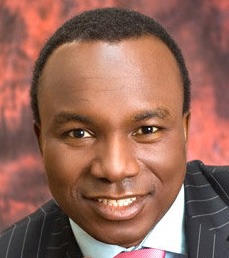

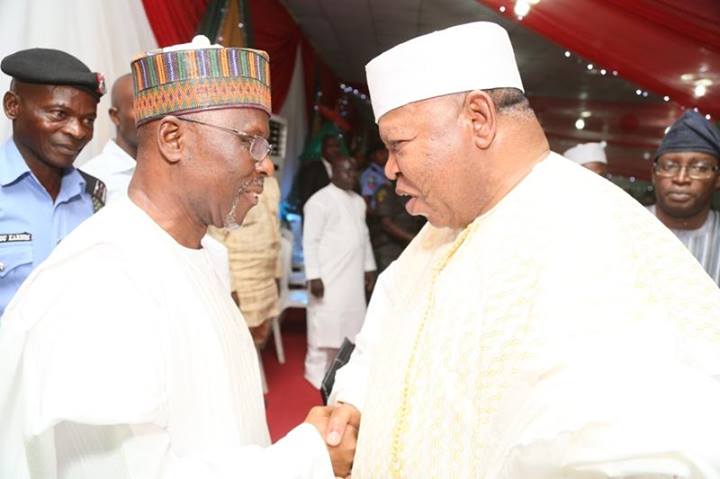
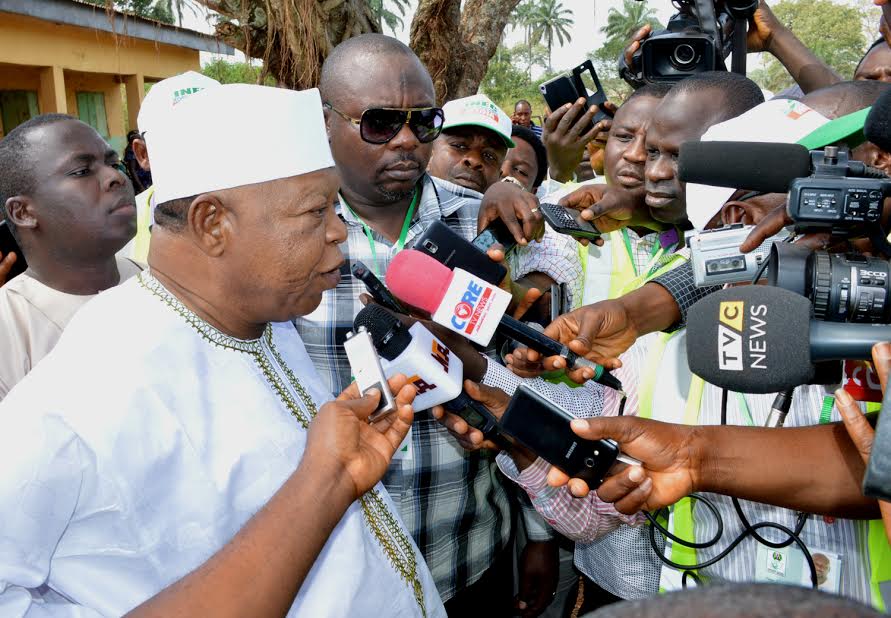
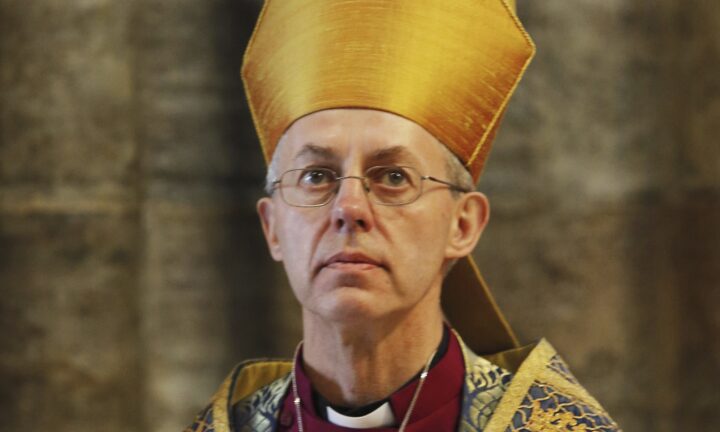

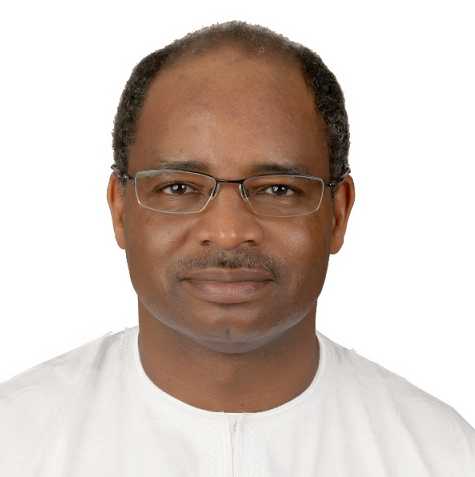
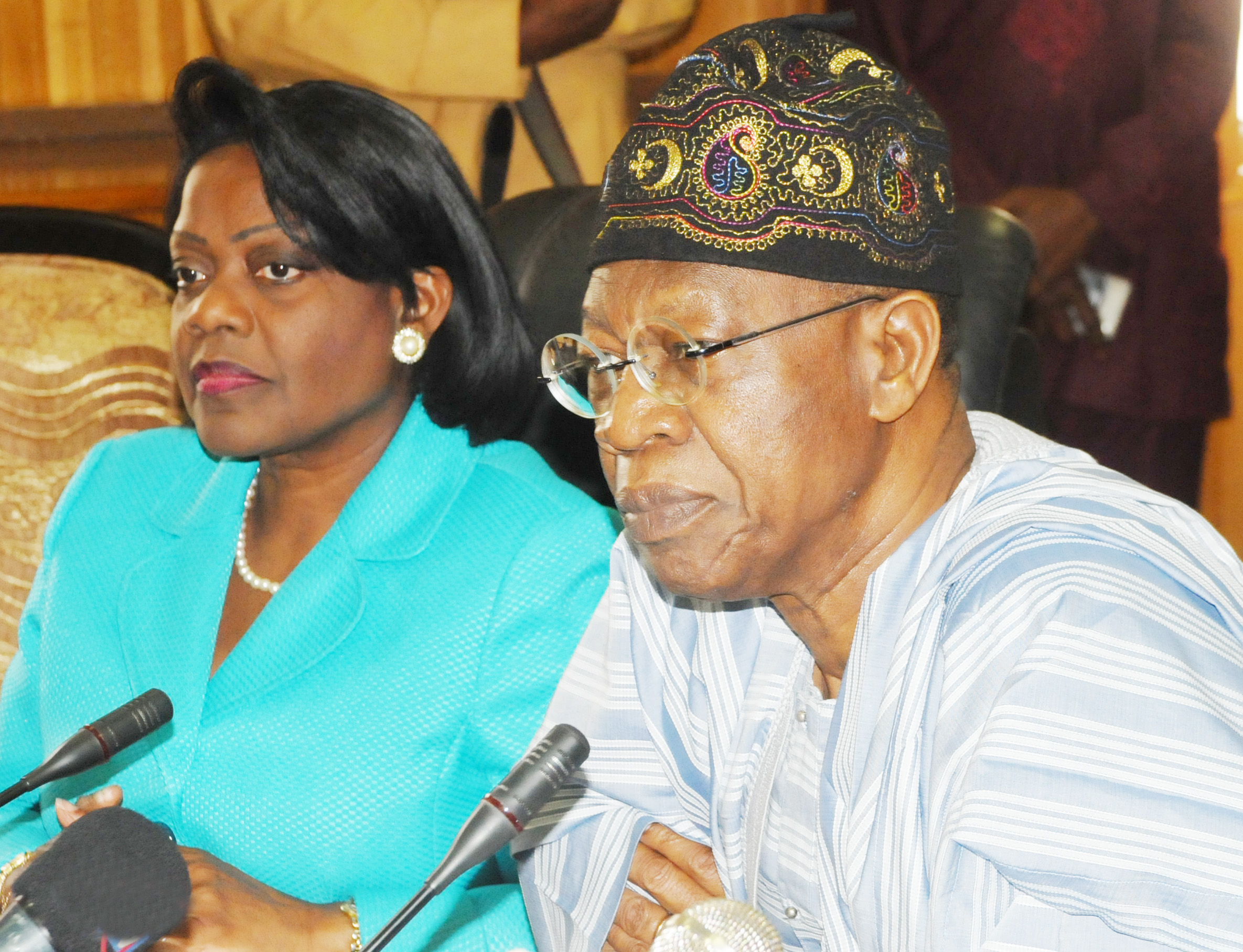
So accurate thus far…. How we fail to properly diagnose the issues in Nigeria…